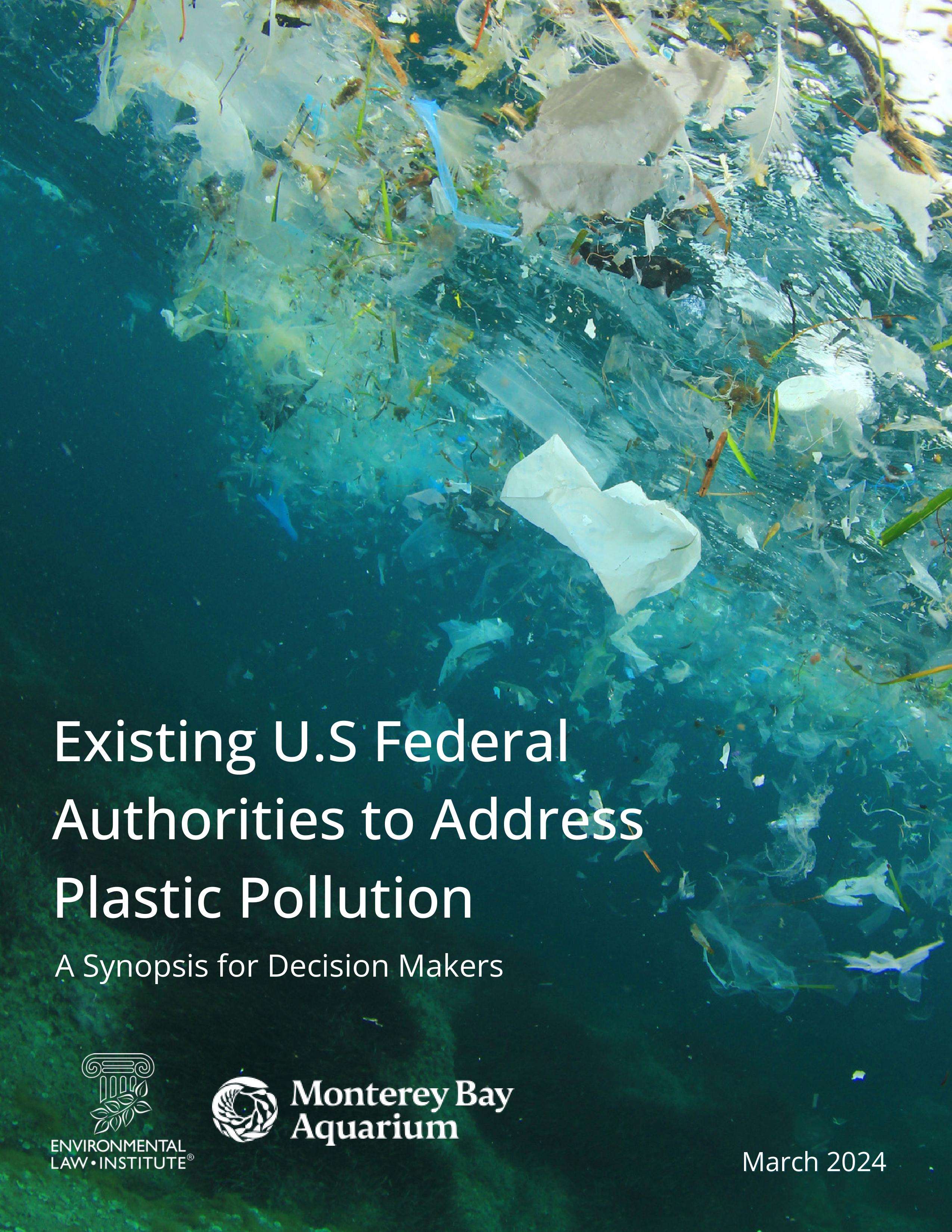
U.S. Engagement in Global Plastic Pollution Talks
Under the leadership of former President Donald Trump, the United States withdrew from several international climate agreements, including the Paris Agreement. However, the country remains active in global discussions on plastic pollution. A major international meeting took place in Geneva to finalize a landmark treaty aimed at addressing the growing crisis of plastic waste. Over 3,700 participants, representing 184 countries and more than 600 organizations, attended the talks.
The main debate centers on whether the treaty should focus on reducing plastic production or prioritize measures such as better design, recycling, and reuse. This discussion has significant implications for how nations approach the issue of plastic pollution globally.
Why is the U.S. Participating?
Despite its withdrawal from key climate initiatives, the U.S. has not abandoned all international environmental negotiations. The State Department emphasized that engaging in these talks is essential to protect U.S. interests and businesses. According to the department, an agreement could help safeguard natural resources, promote economic prosperity, and enhance safety.
The plastics industry plays a vital role in the U.S. economy, contributing over $500 billion annually and employing around 1 million people. The State Department stated that the U.S. sees this as an opportunity to establish a global framework for reducing plastic pollution through cost-effective solutions and innovation, rather than imposing unilateral restrictions on plastic use.
What Does the U.S. Want in the Treaty?
The U.S. supports provisions that improve waste management, product design, and recycling efforts. These measures aim to reduce the amount of plastic waste entering the environment. The Organization for Economic Co-operation and Development (OECD) estimates that 22 million tons of plastic waste will leak into the environment this year, with projections rising to 30 million tons by 2040 if no action is taken.
If the treaty focuses only on improving waste management, the OECD warns that 13.5 million tons of plastic waste would still enter the environment annually. Therefore, the U.S. emphasizes the need for comprehensive strategies that go beyond waste management.
What Does the U.S. Not Want in the Treaty?
The U.S. opposes global caps on plastic production. Most plastics are derived from fossil fuels, and even a slight increase in production could lead to a significant rise in greenhouse gas emissions. Research from the Lawrence Berkeley National Laboratory suggests that emissions from plastic production could more than double by 2050.
The State Department argues that plastics are integral to various sectors of the economy and that production caps could have unintended consequences, such as increasing costs. Additionally, the U.S. does not support bans on specific plastic products or chemical additives, citing the lack of a universal approach to reducing plastic pollution.
U.S. Actions in Geneva
On the first day of negotiations, the U.S. proposed removing language from the treaty's objective that addresses the full life cycle of plastics. This move could weaken efforts to regulate plastic supply and production. Under the previous Biden administration, the U.S. supported addressing plastic production and supply.
Reactions to the U.S. Position
Industry leaders have praised the U.S. stance, while environmental groups have criticized it. Chris Jahn, president of the American Chemistry Council, said the Trump administration is seeking an agreement that respects national rights while promoting practical solutions to reduce plastic waste. On the other hand, Graham Forbes of Greenpeace accused the U.S. of aiming for a weak agreement that undermines the need for strong international regulations.
Can the World Agree on a Plastic Pollution Treaty?
The U.S. aims to finalize a treaty that all countries, including major producers and consumers, can support. The State Department believes that a collaborative approach is necessary to address the global challenge of plastic pollution effectively.
